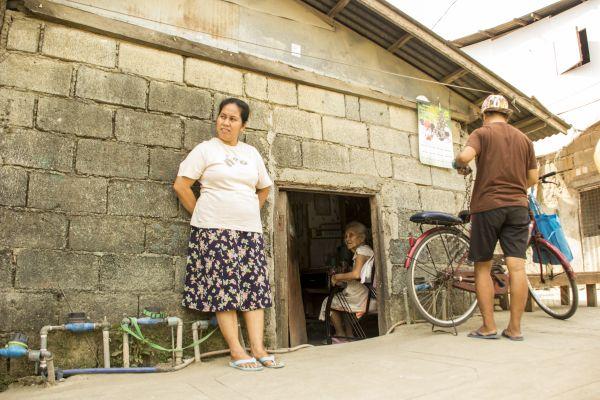Inclusive social protection for chronic health problems

This project seeks to deepen the knowledge of the relationship between chronic illness and poverty in low-income settings. It further aims to provide evidence on the health and economic impact of increased access to diagnosis and treatment for selected chronic health problems in the context of poorly resourced health systems with a special focus on mature adult populations who are the main sufferers of noncommunicable diseases.
About the project
Background
Global aging is leading to a rising chronic disease burden, including in the developing world. Chronic diseases are major causes of poor health, disability and poverty as well as a major barrier to economic development in low- and middle-income countries. Understanding the full consequences of chronic diseases requires high-quality longitudinal data on chronic disease and its health and socioeconomic consequences. Healthcare interventions, in turn, may play an important role in mitigating the adverse health and socioeconomic consequences of chronic diseases and stimulating economic development in aging economies.
Aim
The key aims of our research project are (1) to assess the impact of chronic illness on (a) healthcare use and expenditures (across different settings); (b) work capacity and productivity (in informal economies); (c) socioeconomic outcomes (such as poverty, human capital investments etc.); (d) health and mortality (such as disease progression, disability and death) as well as (2) to evaluate the role of access to (existing) diagnosis and treatment programs for improving the above outcomes using (quasi-) experimental study designs a full income approach for selected conditions in the different study sites.
Relevance
Our project will (1) provide a comprehensive assessment of financial protection in health (based on longitudinal data that moves beyond just the health domain); (2) expand the existing knowledge base on the interplay between chronic diseases, the healthcare systems, socio-economic status, and economic development; (3) advance methodological innovations in terms of survey instrument design and use of survey-based diagnostics; and (4) provide innovative data infrastructures for the wider research community. In addition, our research will (5) evaluate specific intervention aimed at mitigating the adverse consequences of selected chronic diseases in low- and middle-income settings, which will allow us to (6) estimate the full return on investment for such interventions and (7) guide the design of future chronic disease programs for health policy practice in our partner countries and beyond.
Geographic scope
- India
- Malawi
- Philippines
- Sri Lanka
Project website and links to P3
Link to project website
Links to project phase
) and project phase
) on SNSF research database P3
